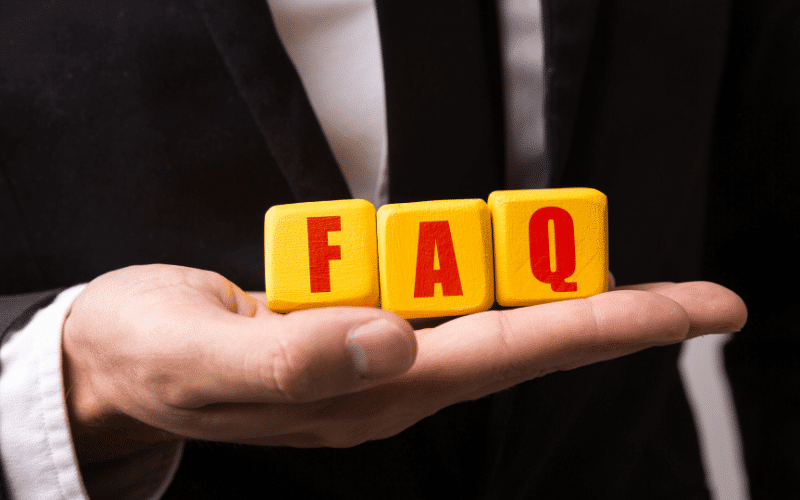Frequently Asked Questions (FAQs) about Diet after Thyroidectomy
Advertisements
 Advertisements
Advertisements
1. How long after a thyroidectomy will my diet be affected?
Typically, you may need to modify your diet for a few weeks post-surgery as your body adjusts and heals. However, some changes, like ensuring adequate nutrient intake and adopting healthier eating habits, can be long-term commitments to support your overall health post-thyroidectomy.
2. Do I need to take iodine supplements after thyroidectomy?
The need for iodine supplementation after thyroidectomy depends on your individual circumstances and the advice of your healthcare provider. Some people might need supplements, while others can get enough iodine from a balanced diet.
3. Can I drink alcohol after a thyroidectomy?
Moderate alcohol consumption is generally considered safe after recovery from surgery. However, it’s best to discuss this with your healthcare provider, as individual recommendations can vary.
4. Will I gain weight after thyroidectomy?
Some people might experience weight changes after thyroidectomy due to shifts in metabolism. Following a balanced diet and maintaining a regular exercise routine can help manage potential weight changes.
5. How does a diet low in goitrogens help after thyroidectomy?
Goitrogens are substances that can interfere with thyroid function by blocking iodine absorption. While they’re less of a concern after a thyroidectomy, some healthcare providers might still recommend a diet low in goitrogens to support overall health.
6. What role does hydration play in my recovery post-thyroidectomy?
Hydration plays a crucial role in your recovery. Adequate fluid intake supports various bodily functions, aids digestion, helps maintain energy levels, and can help manage potential constipation—a common concern post-surgery.
7. Can I consume caffeine after thyroidectomy?
While moderate caffeine consumption is generally considered safe, excessive caffeine can disrupt sleep and affect bone health. Therefore, it may be beneficial to limit caffeine intake post-thyroidectomy.
8. How can mindful eating support my health after thyroidectomy?
Mindful eating can support your health by helping manage potential changes in your appetite and metabolism after thyroidectomy. It can also foster a balanced relationship with food and improve digestion.
Remember, these answers are general guidelines. Always consult with your healthcare provider for personalized advice regarding your diet and health after a thyroidectomy.
Conclusion: Nourish, Heal, Thrive – Your Post-Thyroidectomy Dietary Journey
Navigating your diet after a thyroidectomy can feel like a daunting task, but with the right knowledge and guidance, it can also be an opportunity to nourish your body and support your healing journey. Remember, every individual’s needs are unique, and what works best for you may differ from others. The most important thing is to listen to your body, pay attention to how different foods make you feel, and adjust your diet accordingly.
Whether it’s incorporating more whole grains, adding color to your plate with fruits and vegetables, powering up with proteins, being mindful of micronutrients, or navigating potential allergens, these dietary guidelines are designed to give you a starting point. They’re here to help you build a post-thyroidectomy diet that supports your recovery, promotes long-term health, and aligns with your lifestyle and food preferences.
Remember, food is not just fuel. It’s a source of nourishment, a tool for healing, and a cornerstone of health and wellbeing. So, embrace this journey with an open mind, be kind to yourself, and remember that each step you take is a step towards better health and a thriving life after thyroidectomy.